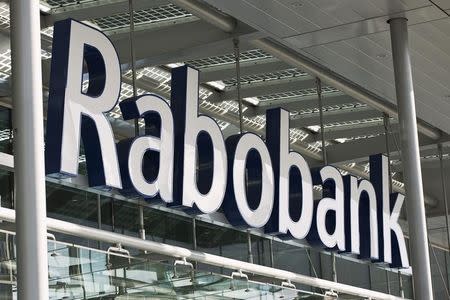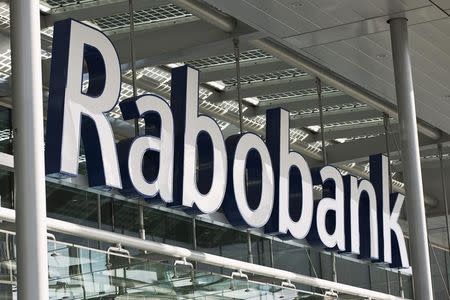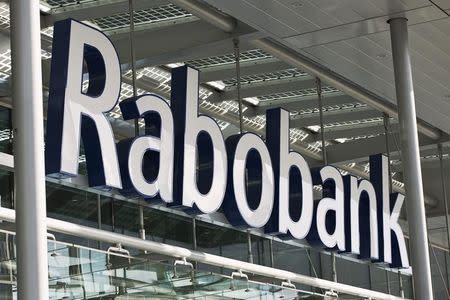Ex-Rabobank trader describes 'culture' of manipulating rates
By Brendan Pierson
(Reuters) - A former trader in Rabobank's Tokyo office testified on Thursday against two former colleagues, citing a "culture" among the bank's traders of manipulating Libor to benefit their own trading positions.
Takayuki Yagami said that culture included Anthony Allen, 44, and Anthony Conti, 46, the two former Rabobank traders on trial for manipulating U.S. dollar and yen Libor rates.
Yagami, 44, pleaded guilty to conspiracy to commit wire fraud and bank fraud last year and is cooperating with prosecutors.
He testified that beginning in 2006, he routinely asked another trader, Paul Robson, to submit interest rates that would affect Libor.
Yagami said he felt comfortable making the requests because, since joining Rabobank in 2000, he had become aware of a group of senior traders doing the same thing and "wanted to be part of that group."
"I'd observed that Mr. Robson and other money market traders...were exchanging their preferences for Libor submissions," he said.
Robson, 46, has also pleaded guilty and already testified against Allen and Conti earlier this week, saying he submitted "crazy" numbers to help traders. Yagami on Thursday described Robson as his mentor.
Yagami said that after Robson left the bank, he started sending his requests to Conti instead.
Under cross-examination from Allen's lawyer, Michael Schachter, Yagami admitted he never talked about fixing Libor with Allen, and that Allen never told him it was acceptable.
Libor, or the London interbank offered rate, is a short-term rate banks charge each other for loans that is calculated based on submissions by a panel of banks. It underpins hundreds of trillions of dollars in financial products globally.
The case is the first by the Justice Department to go to trial following investigations by U.S. and European authorities into whether banks submitted artificial rate estimates to bolster profits on trading derivatives tied to Libor.
Those investigations resulted in charges against 22 people in the United States and U.K. and around $9 billion in regulatory settlements with financial institutions, including Rabobank, which in 2013 agreed to pay $1 billion.




